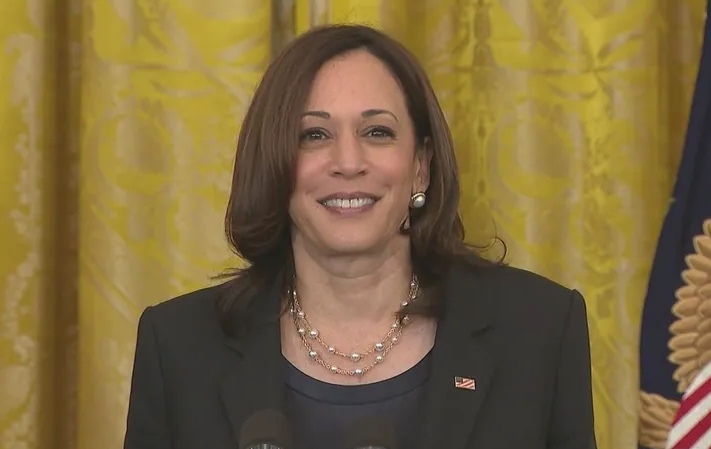Katherine Doyle of the Washington Examiner reports on one sign that the vice president is irrelevant.
The number of federal lobbyists turning to Vice President Kamala Harris’ office to influence White House policy has contracted under the Biden administration, according to a review of federal records by the Washington Examiner.
About half as many companies and outside groups have hired lobbyists to influence Harris’s office during her first two years compared with her predecessor, Mike Pence.
Among those lobbying Harris and her aides were representatives of drug companies, technology firms, and energy businesses, according to the records.
Some have contacted her office to highlight their efforts to ensure diversity in clinical trials or add diversity to the semiconductor workforce, the filings show. Others have sought support on regulatory matters tied to tariffs, immigration, student loan relief, or drug decriminalization.
In numerous cases, the issues align with the vice president’s policy interests on broadband access, voting rights, or black maternal healthcare. The Immigration Hub, an organization backed by Laurene Powell Jobs’s sprawling Emerson Collective philanthropy and led by a former Harris aide, has focused on a dizzying range of issues, from a Justice Department counterespionage program to Title 42 exceptions for Ukrainians to abortion care.
Often, the companies are lobbying the White House and other departments and agencies at the same time.
Federal records indicate how the spending scale differs between the vice president and president’s offices, as well as the issues a company might target.
In a first-quarter filing that covered the vice president’s office, White House, and Congress, Blue Origin, an aerospace company founded by billionaire Jeff Bezos, spent $50,000 on lobbyists to assist with aerospace regulations and policies and other government relations issues, according to federal records.
By comparison, the firm racked up $560,000 in lobbyist fees for their work on Build Back Better, the Defense Appropriations Act of 2022, and other legislation in the first quarter of 2022. …

